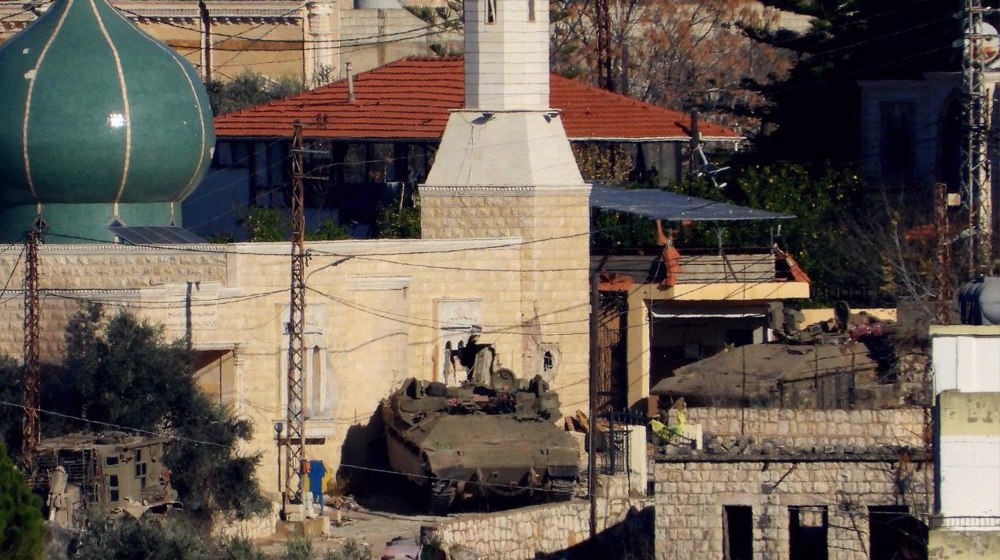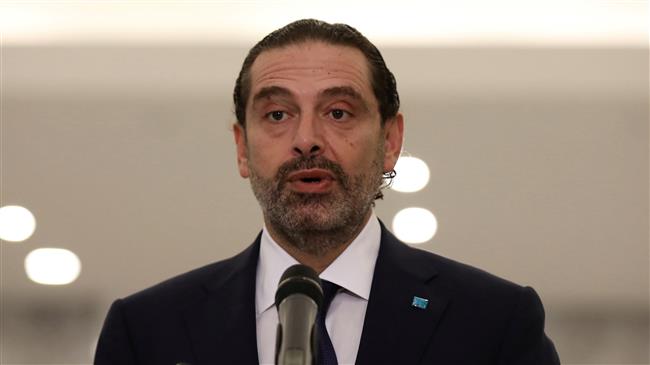Lebanon’s Gebran Bassil downplays US sanctions
The leader of Lebanon’s largest Christian bloc, the Free Patriotic Movement (FPM), Gebran Bassil, says he is not intimidated by the sanctions that the United States has imposed against him.
“Sanctions have not scared me, nor promises tempted me,” Bassil, who is the son-in-law of Lebanon’s President Michel Aoun, tweeted on Friday following the announcement of the sanctions.
“I do not turn against any Lebanese… and I do not save myself to let Lebanon perish,” he added, according to Reuters.
Earlier on Friday, the US Treasury Department blacklisted Bassil over accusations of corruption.
However, a senior US official said Bassil’s support for the Lebanese resistance movement of Hezbollah had been “every bit of the motivation” for the imposition of the sanctions.
The Free Patriotic Movement has a political alliance with Hezbollah.
Bassil has lauded Hezbollah as a pillar of Lebanon’s stability and unity, saying the alliance between his party and the resistance movement is vital to saving Lebanon and its national unity.
In September, Washington blacklisted two Lebanese ministers over alleged support for Hezbollah. The White House targeted former Finance Minister Ali Hassan Khalil, from the Shia Amal Party, and former Transport Minister Youssef Fenianos, from the Christian Marada movement, with sanctions, freezing any assets they held in the United States and banning Americans from doing any financial transactions with them.
Hezbollah has already been targeted with US sanctions.
On May 16, 2018, the United States and its partners in the Terrorist Financing and Targeting Center (TFTC), which includes Saudi Arabia, Bahrain, Kuwait, Oman, Qatar, and the United Arab Emirates, imposed sanctions on Hezbollah’s leadership, targeting its Secretary General Sayyed Hassan Nasrallah and Deputy Secretary General Sheikh Naim Qassem.
The Trump administration imposed additional sanctions on Hezbollah in late October 2018, targeting individuals and international organizations that did business with the group.
Hezbollah was founded in the 1980s following the Israeli invasion and occupation of southern Lebanon. The movement waged a long resistance campaign against Israeli forces and pushed them out of southern Lebanon in May 2000. Since then, the group has grown into a powerful military force. Israel also suffered a humiliating defeat from Hezbollah in a war in 2006.
Iran: US airstrikes on Yemen war crimes, violation of international law
Yemeni armed forces down F-18 fighter jet, repel US-UK attack: Spokesman
Iran warns against US-Israeli plot to weaken Muslims, dominate region
VIDEO | Public uproar in US against Israeli regime
‘Ghost town’: 70% of Jabalia buildings destroyed by Israel
Mother’s Day: Sareh Javanmardi’s inspiring journey as Paralympic champion and mother
Russia downs over 40 Ukrainian drones as Putin vows 'destruction' on Kiev
VIDEO | Yemen: A bone in Israeli neck













 This makes it easy to access the Press TV website
This makes it easy to access the Press TV website